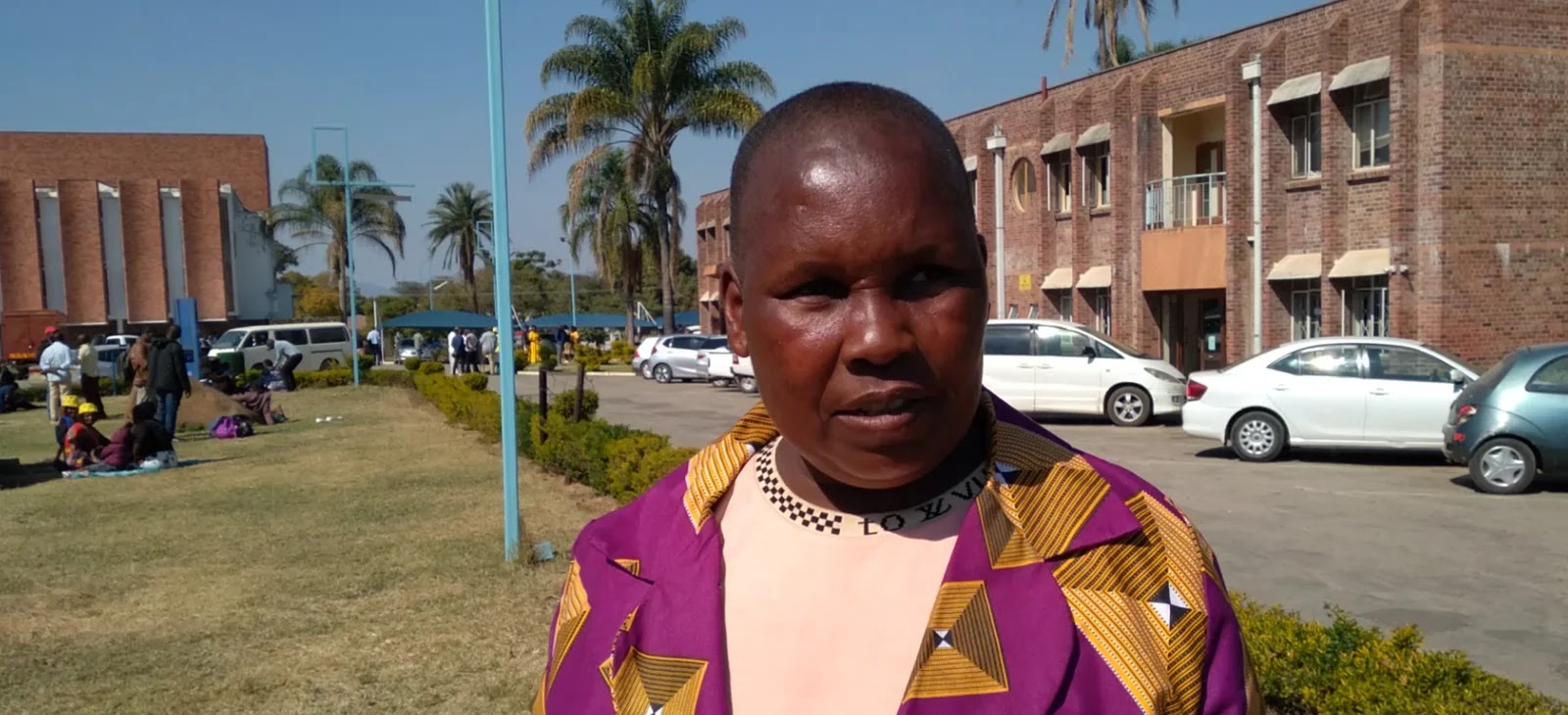Female councillors elected under the women’s quota system have acknowledged that they have not met the expectations of their mandate, citing a lack of resources as a key barrier to fulfilling their roles.
They explained that without adequate funding, they have been unable to effectively represent their communities or carry out development projects, undermining the intended benefits of the quota system.
Upon taking office, the councillors outlined their goals and areas they aimed to improve over the course of their five-year term, as reported by TellZim News. However, nearly a year later, many residents, particularly women, feel disappointed by the lack of progress and the absence of updates, especially from the female councillors.
The four female councillors who were elected through the quota system include Sabina Chikwangwani (representing the Citizens Coalition for Change, CCC, in Ward 1), along with Alaica Time, Esther Zishiri, both also from CCC, and Sheron Marombedze, from Zanu PF.
In a follow-up with TellZim News, the councillors admitted that they had not been able to fulfill any of their campaign promises. Chikwangwani, for instance, had committed to improving service delivery, addressing housing issues for residents living in overcrowded conditions, and advocating for women’s development programs.
Also read: South African Minister Rejects Aid for Trapped Illegal Miners, Vows to “Smoke Them Out”
She had also promised to push for the revitalization of the Mucheke bus terminus to create economic opportunities. However, these issues remain unresolved.
“The main challenge preventing us from delivering on our promises is the lack of funds. Without money, it is impossible to do anything,” said Chikwangwani.
Zishiri had vowed to prioritize women’s empowerment, create more market spaces for women, and support the establishment of a sewing factory. She also promised to push for lower service charges. However, she too admitted that none of these initiatives had come to fruition.
“Nothing has been achieved because of financial constraints. When the 2024 council budget was proposed, women’s quota councillors received no allocation, making it difficult to implement any of the projects we promised,” Zishiri explained. “It’s frustrating because I can’t even hold meetings with residents—what’s the point if I can’t deliver?”
Time had made similar promises, including improving service delivery for women, launching programs to combat gender-based violence, and creating safer market spaces. “I am still committed to my promises, but so far in 2024, I haven’t had the funds to carry out any of the proposed projects,” she said. “I hope that the 2025 budget will allocate funds so I can begin implementing them.”
Marombedze also pledged to advocate for women’s rights, empowerment, and better service delivery, but residents have expressed frustration over her lack of visibility. When contacted for comment, Marombedze declined to provide an update, citing personal challenges: “I don’t feel I am in the right state to comment on this right now,” she said.
Residents have called on the female councillors to hold meetings to gather feedback and better represent their constituents’ concerns. “Feedback sessions are vital for us to voice our issues, and for councillors to update us on what they’ve done, what they’ve failed to do, and why,” said Sungano Zvarebwanashe, a local resident.
“It’s hard to understand how they can represent us if they don’t even know what we need. They need to come to us and listen to our concerns.”
For comments, Feedback and Opinions do get in touch with our editor on WhatsApp: +44 7949 297606.

For comments, Feedback and Opinions do get in touch with our editor on WhatsApp: +44 7949 297606.
